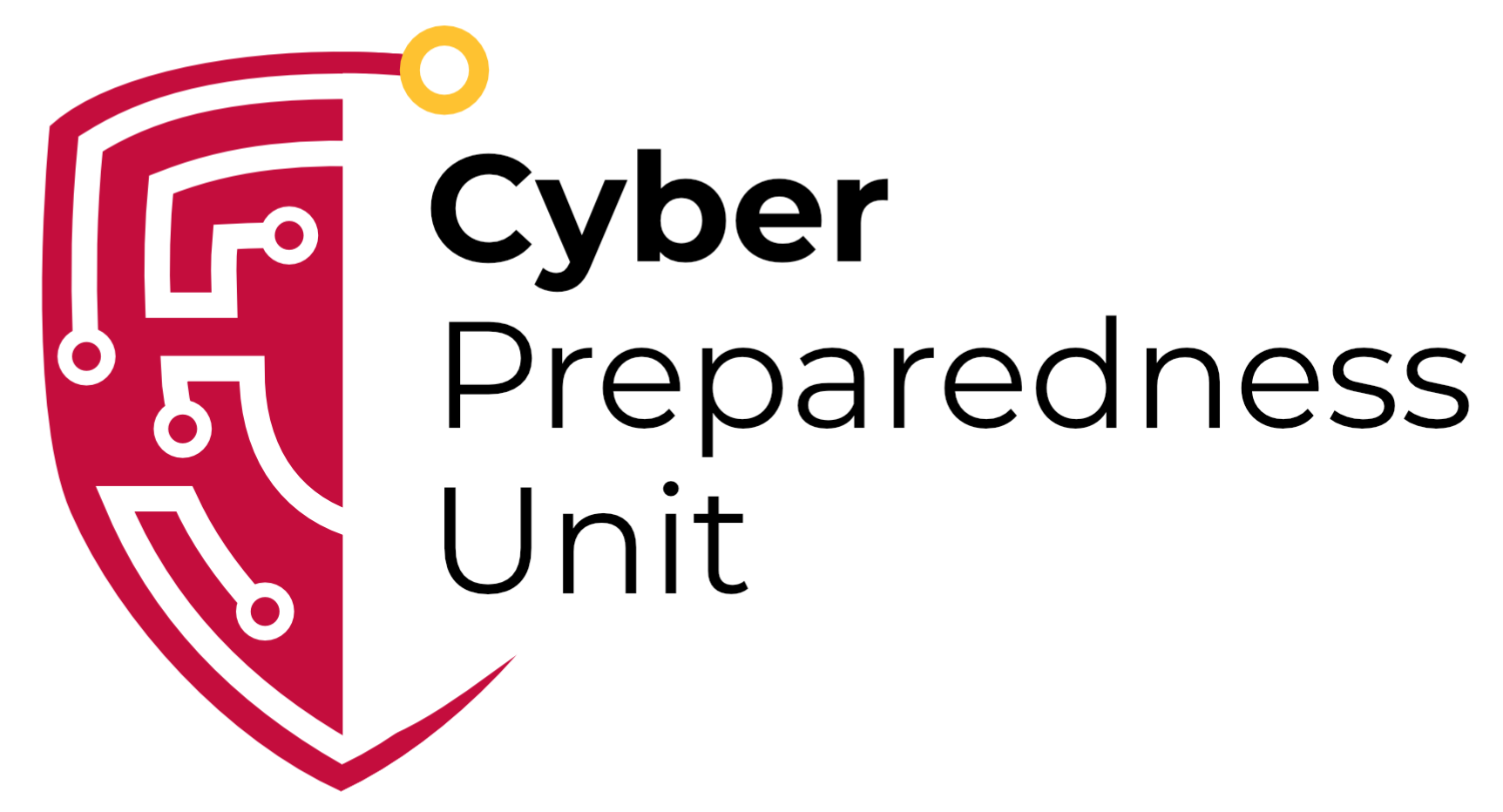
Established under
Md. Code Public Safety §14-104.1,
the MDEM Cyber Preparedness Unit (CPU) assists in maturing Maryland's cybersecurity posture through the development of cyber preparedness activities. The CPU aims to be a reliable partner for Emergency Management and Cybersecurity professionals and provide cyber resources, specialized planning and operational assistance, training, and collaboration opportunities to better prepare the Maryland community for cyber disruptions.
Our services include...
-
Planning assistance to help with folding a Cyber Specific Annex into your Emergency Operations Plan.
-
Assisting incident response activities by advising command on contingency + coordination actions.
-
Connecting emergency management + cybersecurity personnel within Maryland to develop/exercise cyber incident coordination plans.
-
Assisting your agency or jurisdiction with incorporating cyber incidents into all-hazard preparedness and planning.
-
Supporting cyber incident preparedness and response activities to include: operational coordination and communication, planning, training, and exercising.
-
Promotion and management of funding opportunities related to increasing cyber maturity.
-
Providing a high-level overview of cyber preparedness, network mapping, Mission Essential Functions (MEFS) and Primary Mission Essential Functions (PMEFS), the flow of cyber attacks, cyber-incident response, and cyber response considerations during cyber disruption planning.
Additionally, the CPU maintains four specialized programs to meet your needs:
Local Cyber Preparedness Program
Specializes in developing and exercising preparedness plans designed to meet the unique needs of local entities.
For a full list of this program's functions and the support they can provide to local jurisdictions (including schools and health departments), please email:
cyberpreparedness.mdem@maryland.gov
State Cyber Preparedness Program
Works with State agencies to develop and exercise their cyber preparedness plans.
If you are a representative for a state agencies interested in partnering with the Cyber Preparedness Unit, please email:cyberpreparedness.mdem@maryland.gov
Risk Management and Assessment Program
The Risk Management and Assessment Program is primarily tasked with the
development of MDEM’s own Risk Management Framework to increase systemic & operational resilience through the development of security controls, privacy
controls, and supply chain management controls.
However -
they will also be available to assist local and state agencies with projects like:
- Determining their risk appetite by conducting risk assessments and operational analyses
- Linking state and local resources to available technological resources
(e.g., vulnerability assessments, penetration testing, other risk related cybersecurity functions)
Grant Management Program
The CPU's Grant Manager will oversee funding opportunities related to cybersecurity from both Maryland and federal sources.
These opportunities are meant to provide eligible entities with funding to address their cybersecurity maturity.
[For a full list of funding opportunities, click here.]
Our Partners
Building Maryland's cyber resilience isn't a job we can do alone! We're proud to be working with some excellent partners in this effort:
Office of Security Management (OSM) - Maryland Department of Information Technology (DoIT)
The OSM is responsible for the direction, coordination, and implementation of the overall cybersecurity strategy and policy for units of State government. For more information about DoIT and the OSM,
click here.
MDEM State Continuity Unit
The MDEM State Continuity Unit can provide technical assistance with COOP planning and overall Continuity of Operations Program Management.
If you would like to request assistance from the State Continuity Unit, please contact Danielle Notargiacomo (danielle.notargiacomo@maryland.gov) or
continuity.mdem@maryland.gov.
(back to top)